Environmental Defenders Office ordered to pay $9m to Santos over Barossa gas challenge
The Environmental Defenders Office has been ordered to pay more than $9m to Santos over its role in the legal challenge against the company’s Barossa gas project. It only has $8.5m in the bank.
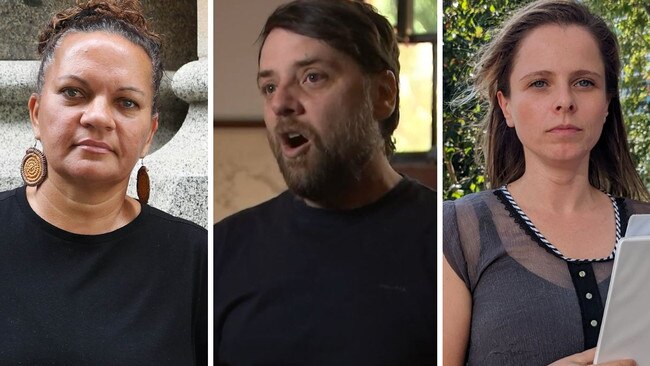
Fresh questions have been raised about the research of a University of Western Australia academic whose conduct during a legal challenge against oil and gas giant Santos saw the taxpayer-funded Environmental Defenders Office slapped with a $9m costs bill.
As the Federal Court ordered the EDO to pay the entirety of the legal costs incurred by Santos in its efforts to defend a claim brought against it by the EDO on behalf of a group of Tiwi Islanders, a new academic paper emerged casting doubt on some of the key research carried out by the expert witness at the centre of the saga.
UWA marine geoscientist Michael O’Leary was slammed earlier this year by Federal Court judge Natalie Charlesworth, who described the cultural mapping exercise led by Dr O’Leary for the EDO’s case against Santos as “so lacking in integrity that no weight can be placed on them”.
The Australian revealed this week details of correspondence between Dr O’Leary, the EDO and Indigenous activist Antonia Burke as they developed what they came to know as “the O’Leary Map”, representing what they said was the area occupied by Tiwi beings the Ampiji (mother serpent) and Jirakupai (crocodile man).
The correspondence showed Dr O’Leary deciding to use imagery, including an “amazing image of crocodiles” he had found, instead of lines and circles to indicate spiritual or ancestral places.
Now a new paper published in the academic journal Geomorphology has challenged findings put forward by Dr O’Leary and his colleagues in research that was described by media as the discovery of the “first underwater archaeological sites in Australia”.
The new paper’s lead author, Piers Larcombe, a former teacher of Dr O’Leary who has previously been critical of his former student’s work, found the discovery claims were “mistaken”.
Dr Larcombe’s research argued that the artefacts identified in that research – much of which formed part of the commonwealth-funded “Deep History of Sea Country” project – had probably been moved by tides and other forces. He also said neither the artefacts nor sedimentary environments was dated effectively.
Speaking to The Australian, Dr Larcombe said revelations about Dr O’Leary’s conduct during the preparation of his reports for the EDO were “simply outrageous”.
“Everything you’re meant to do as an expert witness, O’Leary didn’t,” he said. “I wonder whether anybody in the university or his department gave him any mentoring or advice on performing in that role, because I would suspect that if they did, it wasn’t listened to.”
He said the revelations showed that Dr O’Leary’s methods in preparing the EDO report were “scientifically all over the shop”.
Dr Larcombe has previously claimed that he was “purged” from UWA after he and other academics began questioning the findings put forward by the “Deep History of Sea Country” researchers.
The latest paper builds upon his earlier work, which was similarly critical of work co-authored by Dr O’Leary and which was later retracted.
One of the papers criticised in the retracted paper was subsequently corrected.
Dr Larcombe said UWA had left itself in a difficult position by backing Dr O’Leary so strongly when questions first began to emerge about his research.
“They’ve never reined him in, they’ve never just kept a check on what he’s doing,” he said.
“And he stepped outside his area of expertise.
“The No. 1 one rule is to stay within your area of expertise.”
Under the consent order confirmed by the Federal Court on Thursday, the EDO will have to pay Santos $9,042,093.05 within 28 days.
Santos had previously rejected offers from the EDO to settle the costs dispute, and had pushed successfully for the subpoena of EDO records associated with the case.
Asked why Santos had finally agreed to settle, a spokeswoman for the company said the previous offer was not for the entirety of the legal costs.
“Given the EDO ultimately offered to pay 100 per cent of Santos’ legal costs on an indemnity basis and without any discount, there was no longer a dispute about costs,” she said.
The magnitude of the order could have serious ramifications for the EDO, which according to its most recent annual report had $8.5m in cash and just over $1m in financial assets on its balance sheet, although in a statement EDO chief executive David Morris said the group had agreed to resolve the claim “after careful consultation with our insurer and with deep consideration of the best interests of our clients, staff, and the organisation … EDO has diligently adhered to client instructions. We have treated the court’s findings with utmost seriousness.”


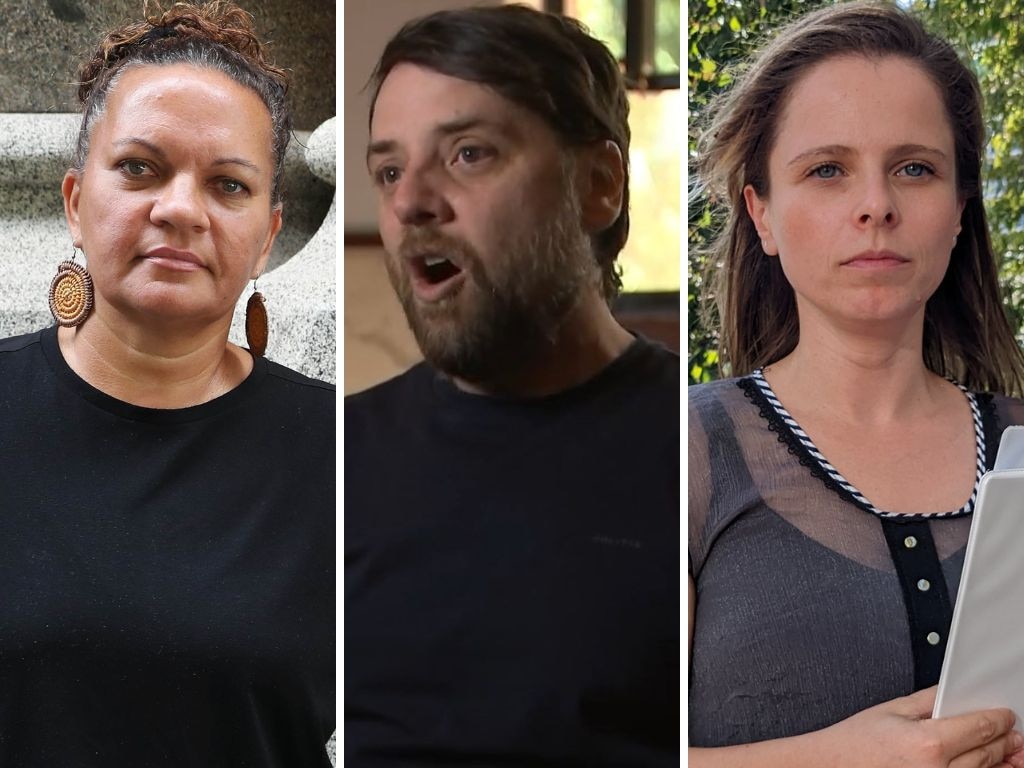
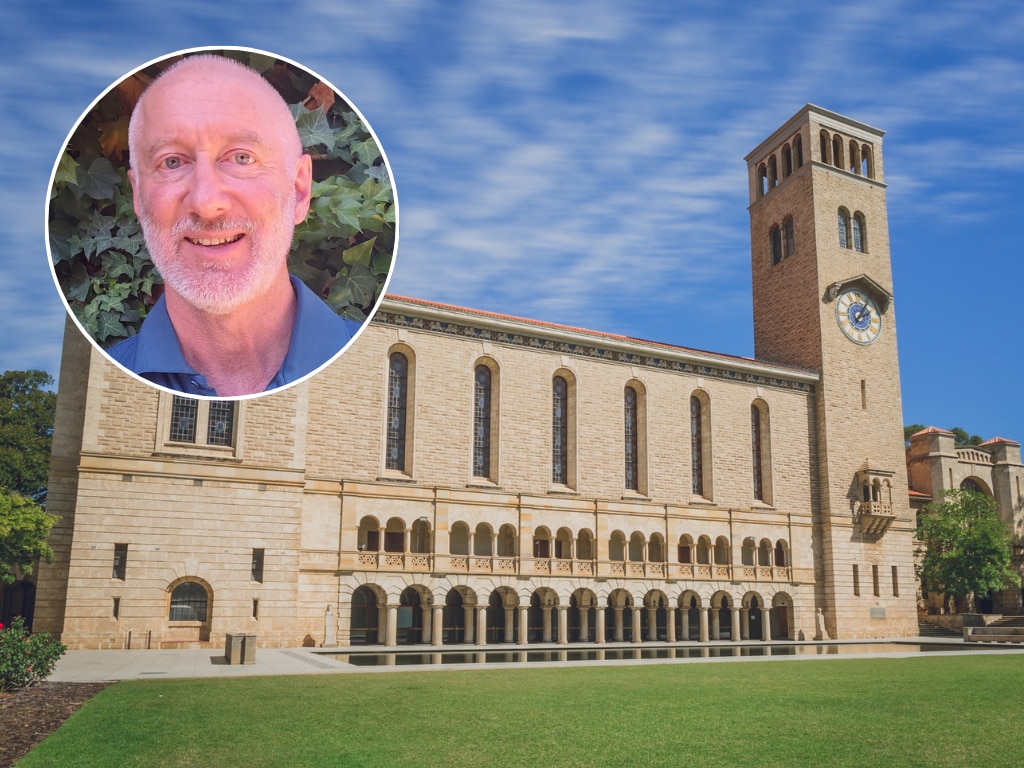
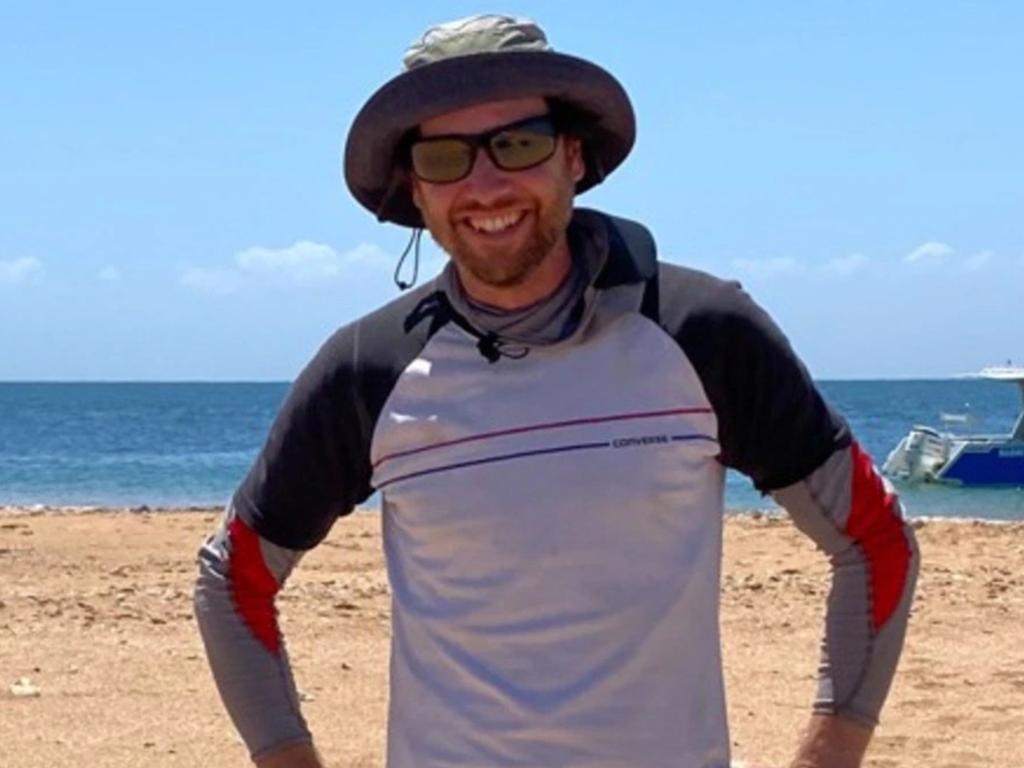
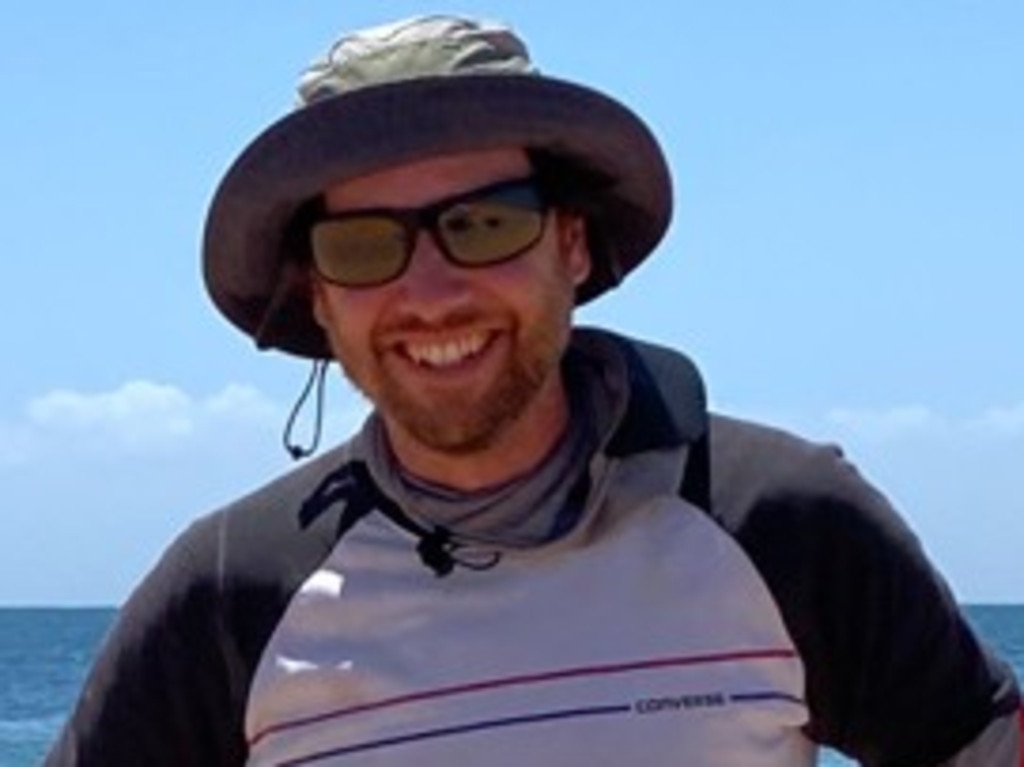


To join the conversation, please log in. Don't have an account? Register
Join the conversation, you are commenting as Logout